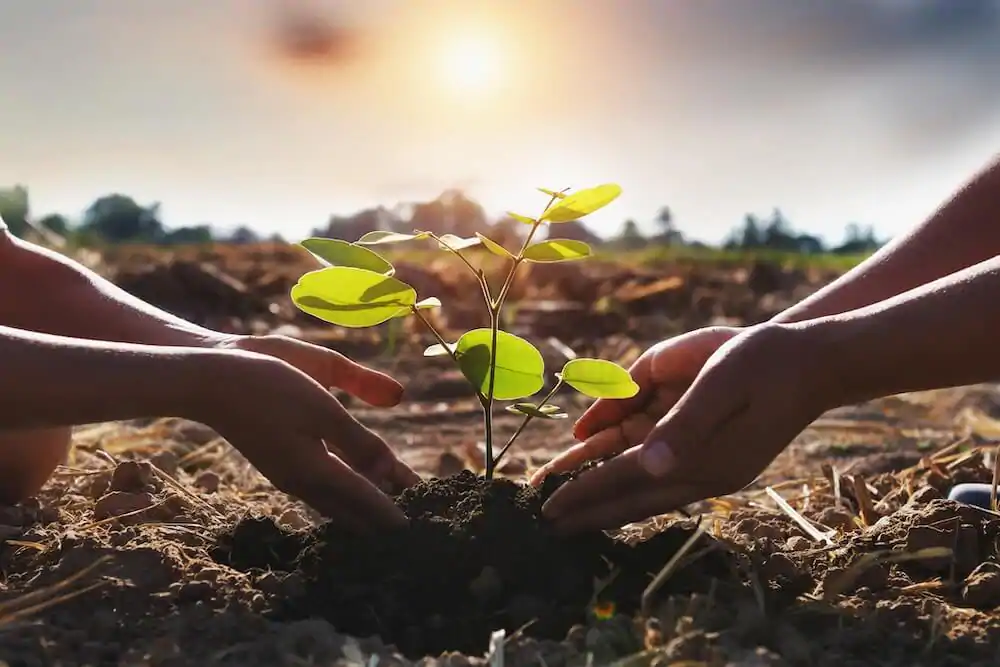Someways to reduce water pollution and help look after our planet
Pick up litter and dispose of it properly

One of the best ways to reduce water pollution is to prevent it at the source: by disposing of waste properly. In fact, 60% of water pollution today can be attributed to litter. Waste that litters our roads, fields, and sidewalks often flows into nearby drains and streams when it rains. When the litter degrades, chemicals and microparticles are released. Chemicals and other pollutants from this litter can negatively impact the environment and wildlife in waterways. Cigarette butts are a common example of litter that can seriously damage the natural environment. They can contain chemicals like arsenic and formaldehyde that will seep into soil, and in turn, freshwater sources.
Dispose of chemicals and fuel properly
It’s important to know that you should never pour used motor oil or antifreeze down a storm drain, onto the soil, into a waterway, or into the sanitary sewer. All of these drains flow into rivers, meaning this harmful substance will certainly make its way to wreak havoc on the natural life of your waterway.
So how can you dispose of it?
Put used oil or antifreeze in a sturdy container and take it to a local service station or other approved center.
Your community may have a recycling center that will accept the used motor oil and recycle it. Community collection centers and drop-off sites also exist in some areas.
It’s even a good idea to label the container, so others will know that allowing liquids other than storm water to get into the drain leads to the pollution of lakes and streams.
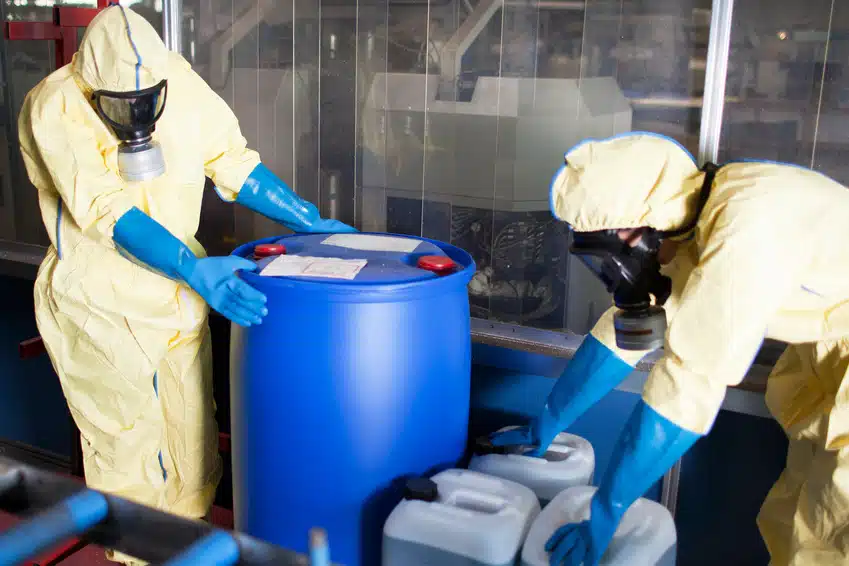
Don’t pour fat and grease down the drain

Most of the dishes we cook leave some sort of fat, oil, or grease residue behind. These substances should never be disposed of down the drain in your kitchen.
When poured down the drain, fat and grease can build up over time and clog your pipes. This will lead to sewer pipes clogging and even backing up into your yard and basement. It can also lead to water pollution by carrying contaminants to local bodies of water.
Instead, grease, fat, and used cooking oil should be disposed of in the trash or kept in a glass jar for disposal with other solid waste.
Minimize your use of pesticides, herbicides, and fertilizers
In the continental U.S., about half a million tons of pesticides, 12 million tons of nitrogen, and 4 million tons of phosphorus fertilizer are applied annually to crops. These chemicals can cause critical damage to our waters through the soil, runoff, and air.
The Environmental Protection Agency (EPA) recommends several techniques for large-scale farm operations to mitigate these effects, such as Integrated Pest Management (IPM) which encourages natural barriers and limits pesticide use.
At home, however, you can do your part by minimizing your use of fertilizers and pesticides on your lawn and gardens. You can also select plants that are native to the area and can thrive in your landscape’s natural conditions. In turn, you will have to fertilize them less and use less water in the long run.
If you must use fertilizers, make sure to blow or sweep it back onto your grass if it gets onto paved areas, and avoid applying fertilizer on the grass right before it rains, so it doesn’t wash into storm drains and waterways.
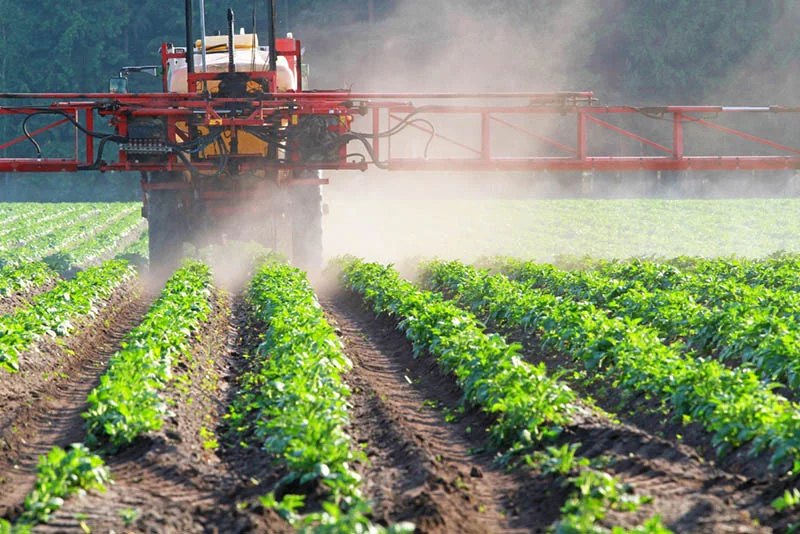
Dispose of medical waste properly
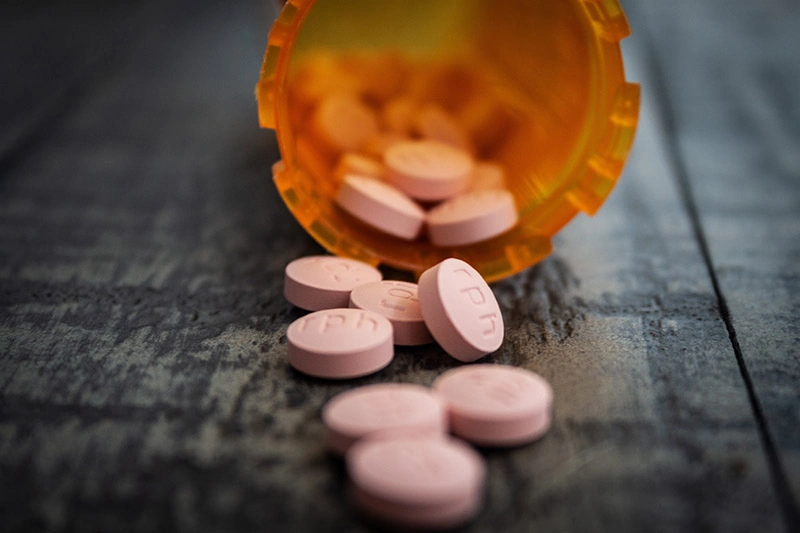
Never flush pills, powders, or liquid medicines down the toilet or dump them outside, whether on land or water. These drugs can accumulate in the water and be consumed by fish and other wildlife.
Hormones and other compounds end up causing a variety of health problems in fish and birds and contaminate drinking water that people and livestock use.
Studies have found that medicines flushed down the drain can contaminate our lakes and streams and eventually end up in our drinking water. This can lead to adverse reactions for some people and even cases of accidental poisoning.
University of Minnesota researchers have also detected antibiotics used for human and animal treatment at low levels in lakes, rivers, and streams throughout Minnesota. The U.S. Geological Survey has also found antibiotics in groundwater in both non-agricultural and urban areas.
Use the minimum amount of laundry detergent
Laundry detergent and other cleaning products contain chemicals like phosphates that are harmful to our waters and marine life.
Phosphates lead to algae blooms and kill fish and other aquatic animals by reducing the oxygen in the water. Soaps and detergents can also break up oil and send it lower into the water column, causing damage to more marine organisms.
When spilled in our waterways, soaps and detergents in and of themselves are actually a pollutant that may be harmful.
By cutting down on detergent, or using phosphate-free detergent, you can further cut down on water pollution from your own home. There are plenty of effective natural laundry detergents that you can substitute for chemically-intensive detergents in your home.
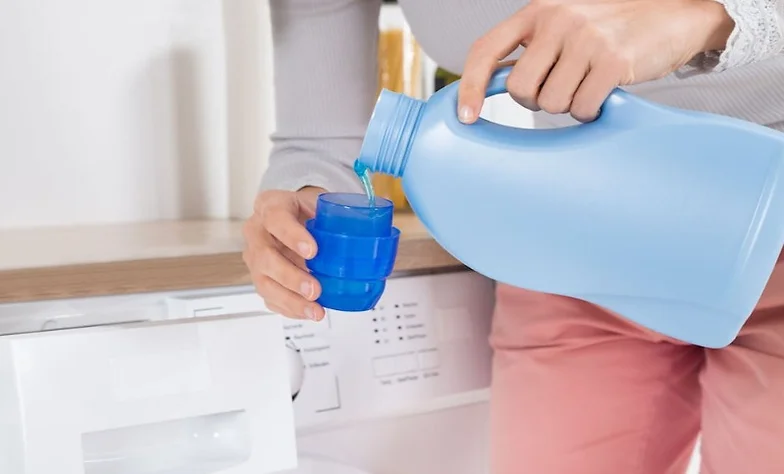
Avoid using a garbage disposal
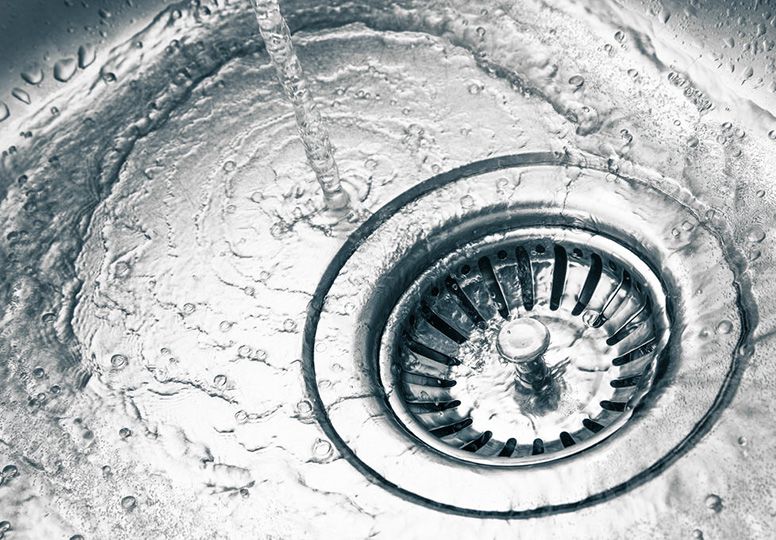
Depending on where you live, the garbage disposal in your kitchen can also lead to harmful environmental effects like water pollution.
Near large bodies of water, garbage disposals will wash food scraps down the drain and into bodies of water that can be contaminated by the high levels of nitrogen in food waste. Nitrogen can harm local marine and plant life significantly.
It’s best to keep your solid waste solid, experts say, and opt for a compost pile from food scraps when possible.
Plant some trees
It may surprise you to find out that deforestation is one of the main causes of water pollution. Healthy forests can act as a filter to keep pollution out of water, anchoring soil against erosion and helping the forest absorb nutrients. Trees also help protect water quality by capturing, storing, and using rainfall. In doing so, they reduce the amount of runoff that carries pollution off of the landscape and into nearby rivers and lakes. This process also decreases the rate and volume of stormwater flowing through local storm sewers. In this way, one of the best ways to reduce water pollution is to plant some trees! If you live in an urban area, a healthy tree canopy is especially important. Trees provide other health benefits like helping heat and cool buildings, filtering air pollution, and more. Select some species that are native to your area, and in no time your trees will begin improving air quality and doing their part in reducing water pollution. If you lack the space, try to find a local communal garden or space to plant some trees elsewhere in your community.
